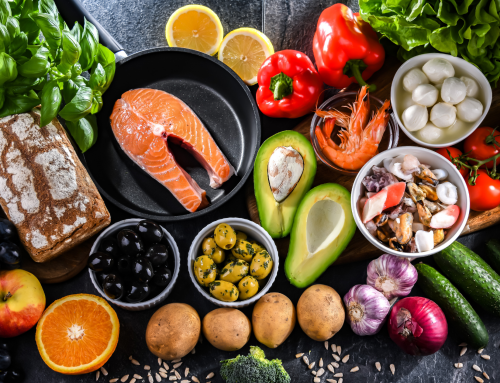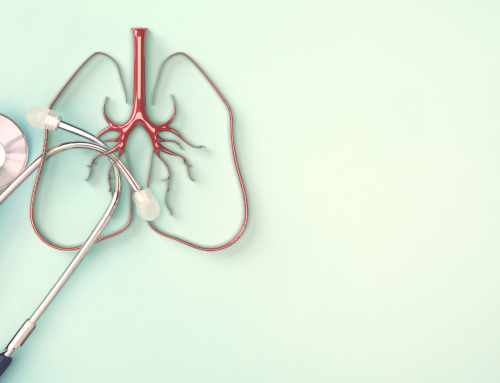I recently did a presentation for a Women’s Cancer Support Group, where I spoke about breast cancer statistics and lifestyle changes. The focus of my presentation was to share the findings from a new report with strong evidence of the link between cancer and lifestyle. It provides a detailed set of guidelines on how to prevent cancer and reduce the mortality rate, something that we are passionate about here at Tasman.
Cancer is one of the leading causes of morbidity and mortality worldwide. Currently, cancer is responsible for 1 in 8 deaths across the globe, and wealthier countries bear the highest burden of cancer prevalence. In 2021, an estimated 49,000 people will die from cancer in Australia, an average of 135 deaths per day. Cancer mortality rates continue to fall, with a sharper decline for males than for females.
An estimated 38% of these deaths and 33% of cancer diagnoses could have been prevented with healthy lifestyle choices, says a research team led by Louise Wilson, at the QIMR Berghofer Medical Research Institute and the University of Queensland, Brisbane. A new report has reviewed all the data from the last 30 years on diet, weight, physical activity and cancer has confirmed the link between cancer and lifestyle, and provides evidence-based recommendations on how to reduce cancer risk. Produced by the AICR and the World Cancer Research Fund, the new report is the third in a series. It reviews data from 51 million people, including 3.5 million cancer cases across 17 cancer sites [1].
The new report is also based on much higher-quality data, mainly from prospective cohort studies and randomized controlled trials, the highest level of evidence.
Here’s some of the key take-outs from the report to prevent cancer and reduce cancer mortality rates:
Lifestyle Recommendations:
- Maintain a healthy weight. Many cancers have been linked to being overweight, obesity and even high-normal body mass index values may be associated with an increased risk for cancer.
- The next recommendation focuses on physical activity. The authors endorse recommendations from the World Health Organization for at least 150 minutes of moderate-intensity, or 75 minutes of high-intensity, physical activity per week among adults.
- The recommendations encourage a diet with high consumption of whole grains, vegetables, fruits, and beans. Phytochemicals found in fruits and vegetables have been demonstrated to have anticancer effects in cell and animal studies.
- The goal for total fibre intake should be at least 30 g/day, with at least 5 servings of nonstarchy fruits and vegetables per day.
- Conversely, the consumption of red meat and processed meat is strongly discouraged. Heterocyclic amines and polycyclic aromatic hydrocarbons formed when meat is cooked at high temperatures have mutagenic potential. Consumption of red meat should be limited to 3 times per week (350-500 g/week), at most.
- Alcohol consumption is discouraged, and even modest levels of drinking alcohol may increase the risk for cancer. Acetaldehyde, a metabolite of alcohol oxidation, can be carcinogenic.
- Individuals should limit their consumption of foods with high levels of fat, starch, or sugar, including fast food, most processed foods, snacks, bakery goods, and candy.
- The use of supplements to prevent cancer is discouraged.
- The recommendations also advise all new mothers to breastfeed their baby, if possible. Breastfeeding is protective against breast cancer, and it reduces the risk of childhood obesity.
To make an appointment with one of our Doctors, please contact us (07) 5613 2480 or reception@tasmanhealthcare.com.au.






